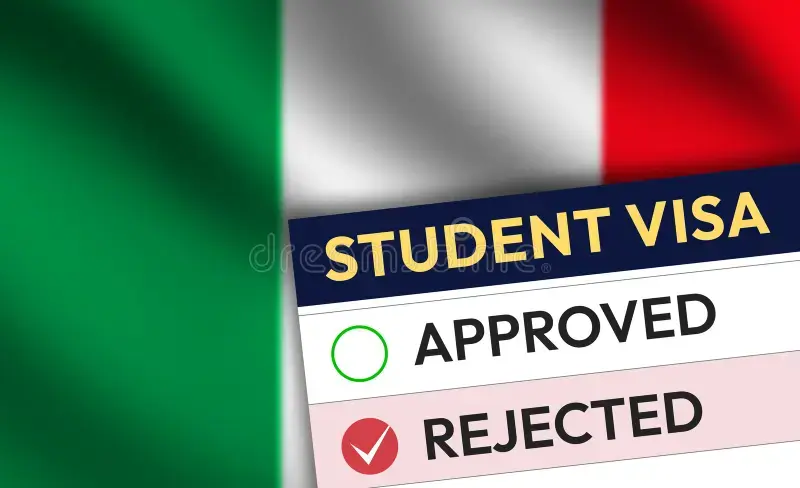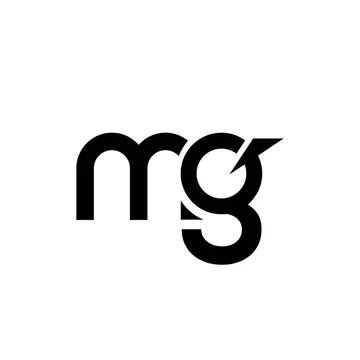Common Study Visa Mistakes and How to Avoid Them

Applying for a study visa can be a complex process, and even small mistakes can lead to delays or rejections. Many students unknowingly make errors that jeopardize their chances of securing a visa. To help you succeed, this guide highlights the most common study visa mistakes and provides practical solutions to avoid them.
1. Incomplete or Incorrect Application Forms
📌 Mistake: Many students submit incomplete or incorrect visa application forms, leading to delays or outright rejection.
✅ How to Avoid It:
- Double-check all sections before submission.
- Fill out every required field accurately.
- Follow the official guidelines provided by the embassy or immigration website of your destination country.
2. Not Meeting Financial Requirements
📌 Mistake: Failing to show proof of sufficient funds to cover tuition and living expenses.
✅ How to Avoid It:
- Ensure you have the minimum required funds in a bank account (usually 3-6 months before applying).
- Submit bank statements, scholarships, or sponsor letters to prove financial stability.
- Check specific country requirements, as the amount varies (e.g., $10,000 CAD for Canada, £12,006 for the UK, €11,208 for Germany).
3. Submitting Fake or Incomplete Documents
📌 Mistake: Some students submit forged documents, which can lead to a permanent ban from applying again.
✅ How to Avoid It:
- Never submit fake documents—this can result in serious legal consequences.
- Ensure all documents (passport, academic records, financial proof) are genuine and up to date.
- Get your documents verified before submission.
4. Poor Visa Interview Preparation
📌 Mistake: Many students fail their visa interview due to lack of confidence, unclear answers, or incorrect information.
✅ How to Avoid It:
- Practice common visa interview questions (e.g., Why did you choose this country? How will you fund your studies?).
- Be confident, honest, and clear in your responses.
- Carry all supporting documents to back up your answers.
5. Not Proving Intent to Return Home
📌 Mistake: Immigration officers reject applications if they believe the student does not intend to return home after studies.
✅ How to Avoid It:
- Show strong ties to your home country (e.g., family, property, future job prospects).
- Clearly explain your study and career plans after graduation.
- Avoid statements that suggest you plan to stay permanently unless your visa allows post-study work.
6. Applying Too Late
📌 Mistake: Waiting until the last minute to apply can lead to delays, missing deadlines, or even losing your university seat.
✅ How to Avoid It:
- Apply at least 3-6 months in advance to allow time for processing.
- Check the average visa processing time for your chosen country (e.g., 4-8 weeks for Australia, 6-12 weeks for Germany).
- Submit documents early to avoid last-minute rush.
7. Choosing the Wrong Visa Type
📌 Mistake: Some students apply for the wrong visa category, leading to rejection.
✅ How to Avoid It:
- Carefully check whether you need a student visa, short-term study visa, or exchange visa.
- Visit the official embassy website to confirm the right visa type.
- If unsure, consult an education consultant or visa expert.
8. Ignoring Health and Insurance Requirements
📌 Mistake: Some students skip required medical tests or fail to buy health insurance, leading to visa rejection.
✅ How to Avoid It:
- Check if a medical exam is required (e.g., TB test for the UK, medical exam for Canada and Australia).
- Buy mandatory health insurance as per your destination country’s requirements.
- Keep health records ready for submission.
9. Weak Statement of Purpose (SOP)
📌 Mistake: A generic, unclear, or copied Statement of Purpose (SOP) can hurt your chances of approval.
✅ How to Avoid It:
- Write a strong, original SOP explaining why you chose the university, course, and country.
- Clearly outline your study and career goals.
- Avoid copying from templates—personalize your SOP!
10. Not Checking Country-Specific Visa Rules
📌 Mistake: Each country has different visa requirements, and students often assume they are the same.
✅ How to Avoid It:
- Carefully read the official immigration website of your destination country.
- Understand specific requirements (e.g., Germany requires a blocked account, Canada requires a study permit, UK requires a CAS letter).
- Follow the latest updates on visa rules and policies.
Conclusion
Applying for a study visa is a crucial step toward studying abroad, and avoiding common mistakes can increase your chances of approval. Double-check your application, prepare well for the interview, provide genuine documents, and meet financial and health requirements.
By following these tips, you can ensure a smooth visa application process and focus on your academic journey!


Leave a Reply